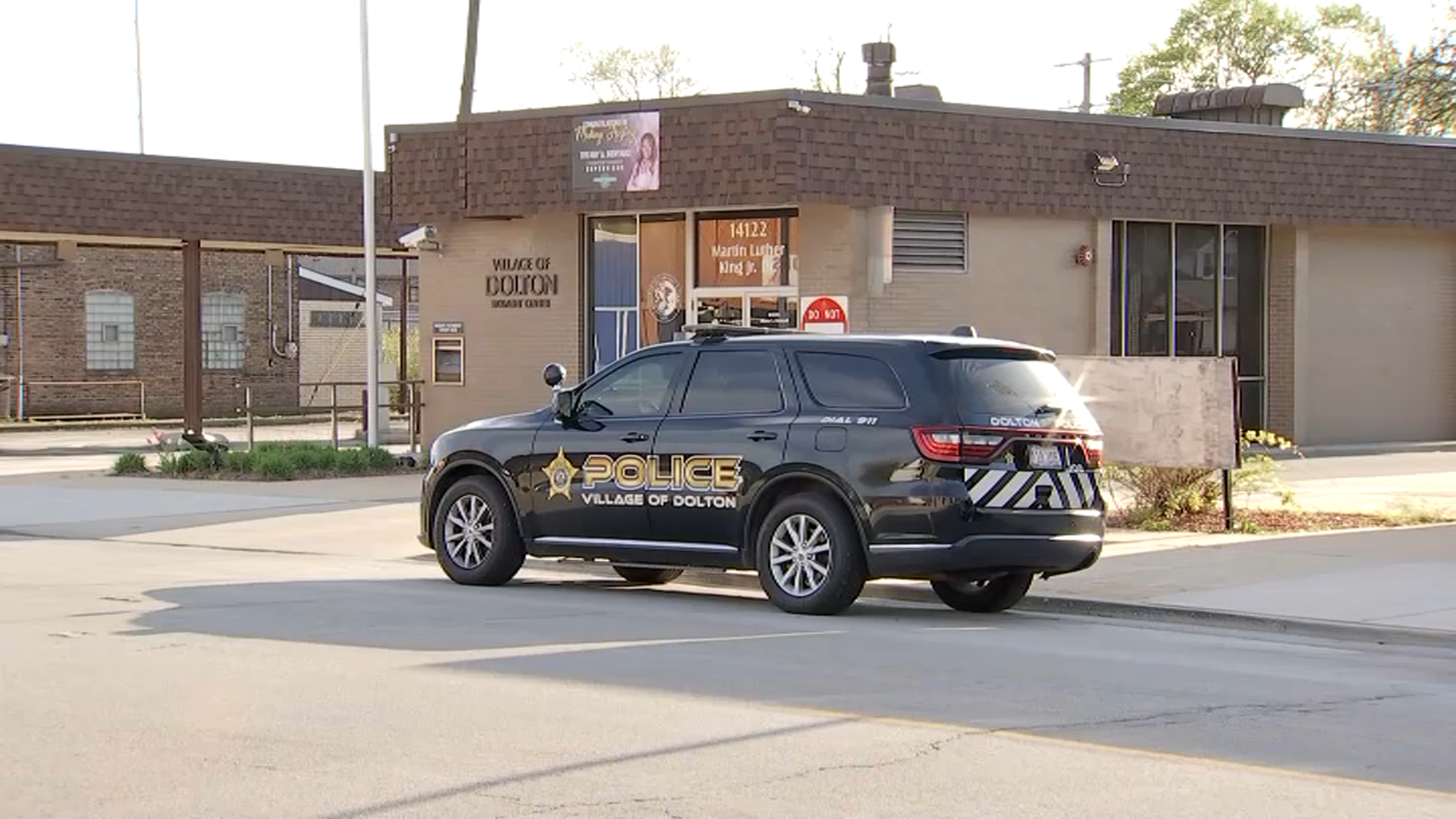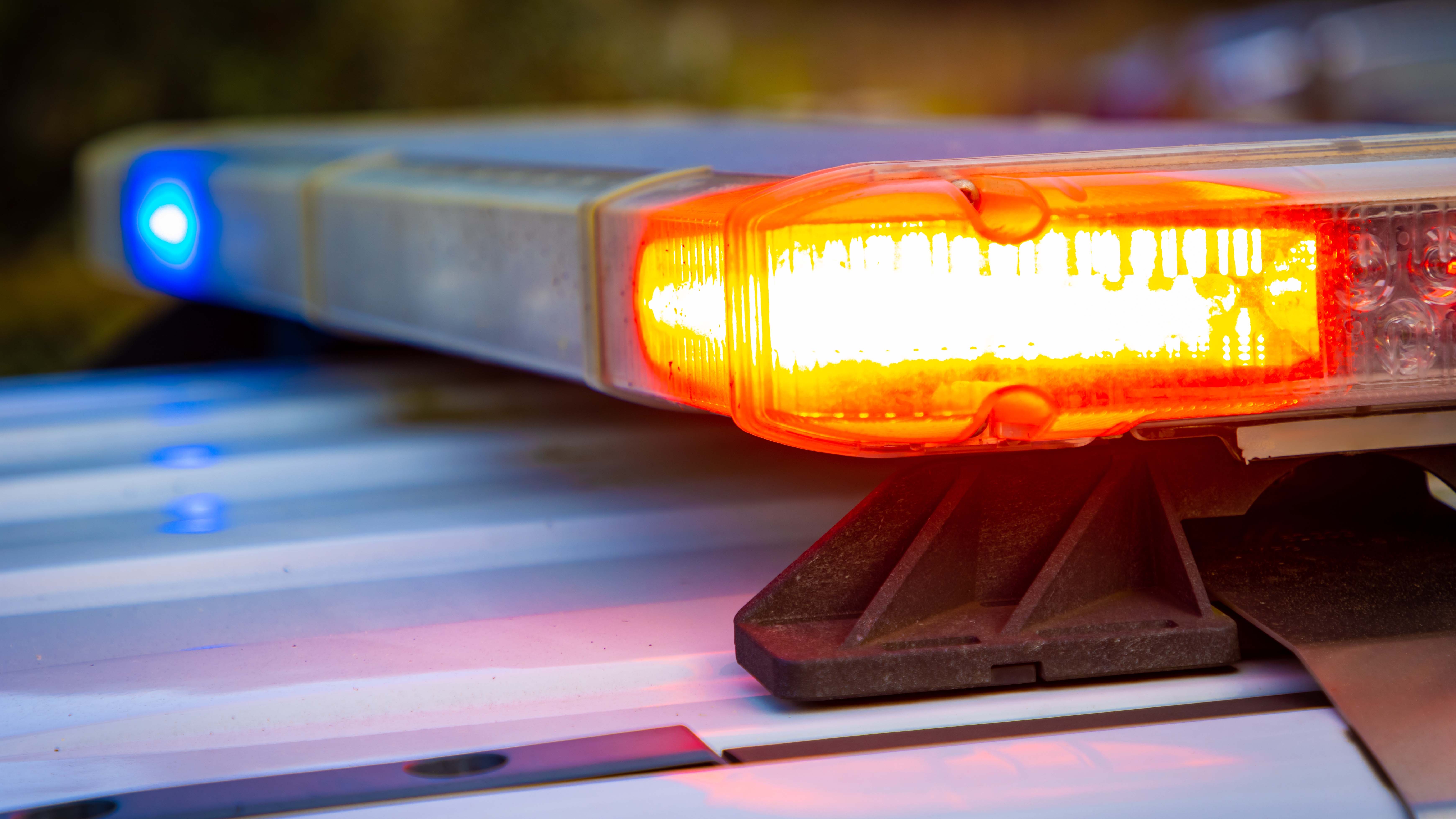After reports of shortages involving Moderna's updated COVID-19 booster shot, additional doses have begun to arrive at pharmacies nationwide, and more are expected soon.
The Food and Drug Administration said last week it authorized the release of 10 additional shipments, with each said to contain millions of doses of Moderna's bivalent booster. The CDC signed off on updated versions of Pfizer’s and Moderna’s booster shots on Sept. 1, and pharmacies and other vaccination sites began administering the new shots around Labor Day weekend.
As of Sept. 20, the U.S. had shipped more than 25 million bivalent doses to sites across the country, but the same week, pharmacies reported issues keeping Moderna's booster in stock. In addressing the shortage, the FDA explained an inspection at one production facility, a plant operated by Catalent in Bloomington, Indiana, was ongoing at the time of the agency's authorization. As a result, that site was not added to the list of authorized manufacturing facilities for the updated booster.
Through the inspection, the FDA determined the batches produced at the facility "met all applicable specifications," and on Sept. 20 authorized the shipments' release.
Feeling out of the loop? We'll catch you up on the Chicago news you need to know. Sign up for the weekly Chicago Catch-Up newsletter here.
The shortages reported last week appear to have improved within the past week, but more doses are still set to be distributed in the coming weeks and months.
CVS said Thursday it has started to receive additional Moderna doses and expects more over the coming days and weeks. Walgreens said the availability of Moderna doses varies by location.
With additional booster doses expected to be available soon and colder months approaching, doctors say it's especially important to get boosted as soon as you can. Some have expressed concern about recent data that revealed about 4.4 million people have received an updated COVID booster since the rollout began earlier this month.
Local
That number represents only around 1.5% of people currently eligible to receive the shots in the U.S.
Dr. Scott Roberts, a Yale Medicine infectious disease specialist, said the relatively low booster uptake was “demoralizing.”
“I would expect a much higher proportion of Americans to have gotten the booster by this point,” he said.
Roberts said a lack of public awareness about the shots or the prevailing narrative that the pandemic is ending might have hindered the vaccine rollout.
“The fact that this booster came out days before Biden said the pandemic is over is a huge mixed message," he said. "Now it’s going to be that much harder to convince those at risk who are on the fence to get a booster.”
The U.S. has seen an uptick in overall demand for COVID shots since the booster rollout began. As of Sept. 23, the U.S. was administering around 314,000 vaccine doses per day, as a weekly average. That's nearly triple the number from the start of the month.
The CDC recommends that everyone over 12 get an updated booster, as long as at least two months have passed since their last COVID shot. People who recently got COVID should wait at least until their acute illness is over, and the CDC says they can consider delaying their boosters until three months after their symptoms started or since they first tested positive.
People can mix and match vaccines from Pfizer and Moderna, but Pfizer’s updated booster is available to people ages 12 and up while Moderna’s is limited to ages 18 and up. Authorization of the bivalent boosters for children ages 5 to 11 could happen in a matter of weeks.



